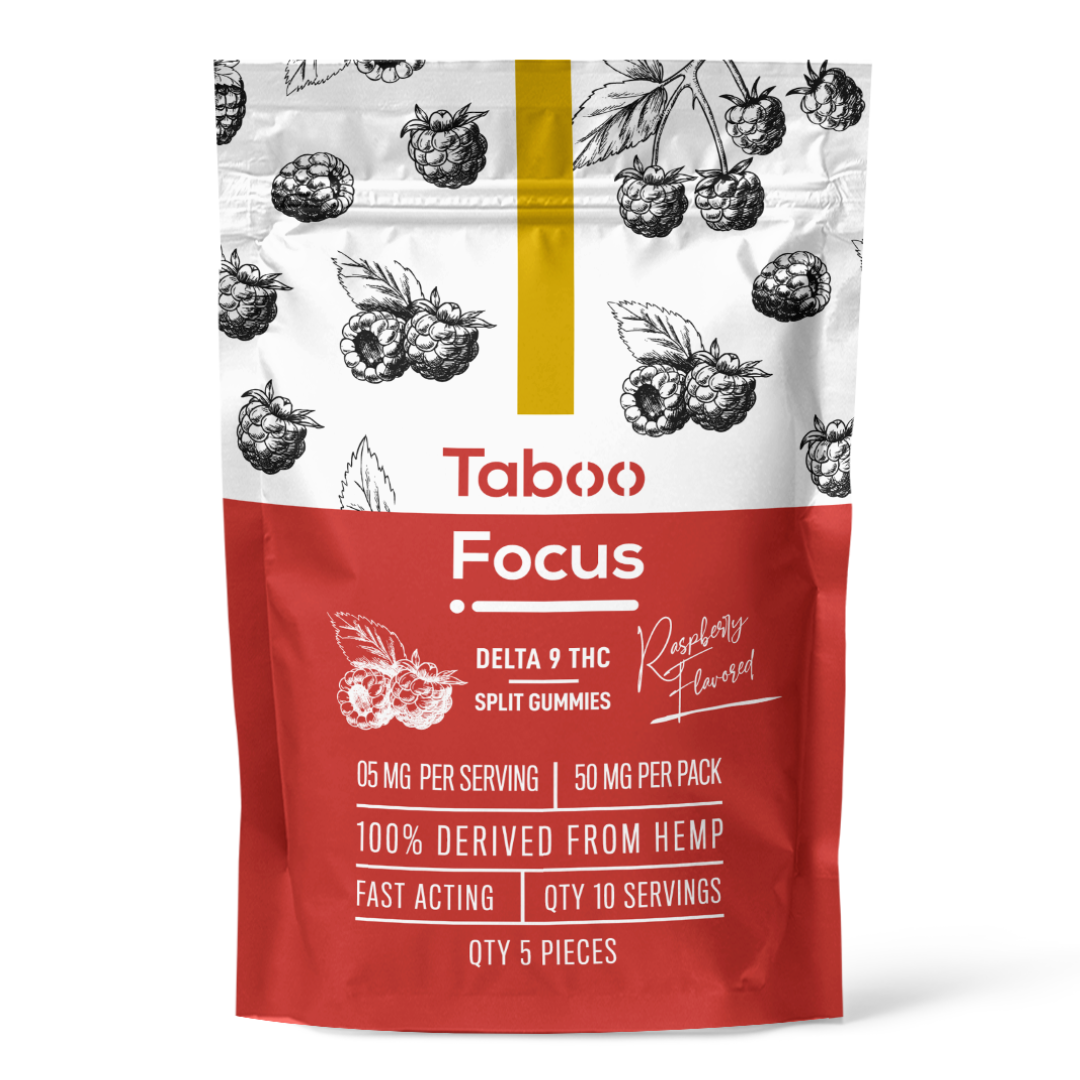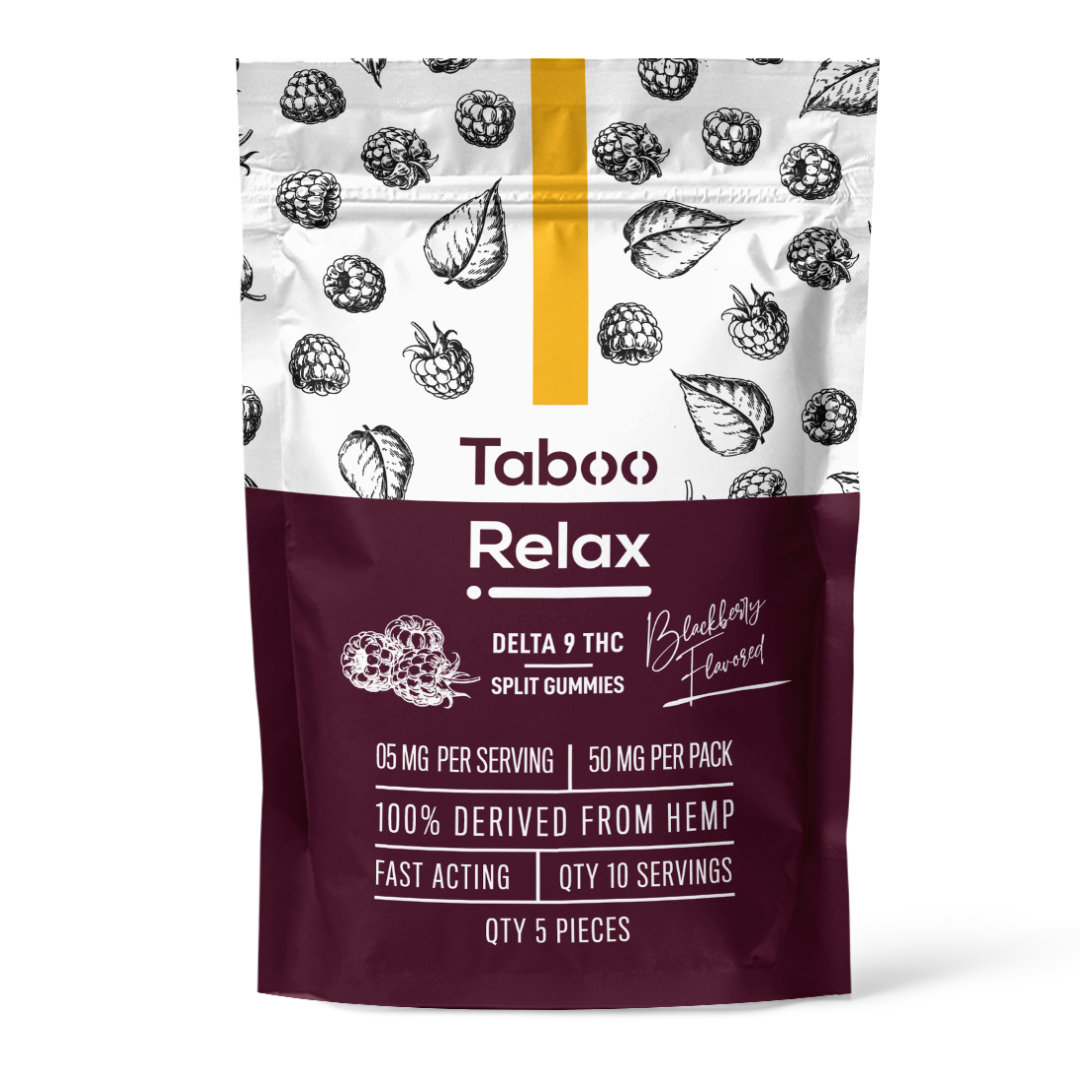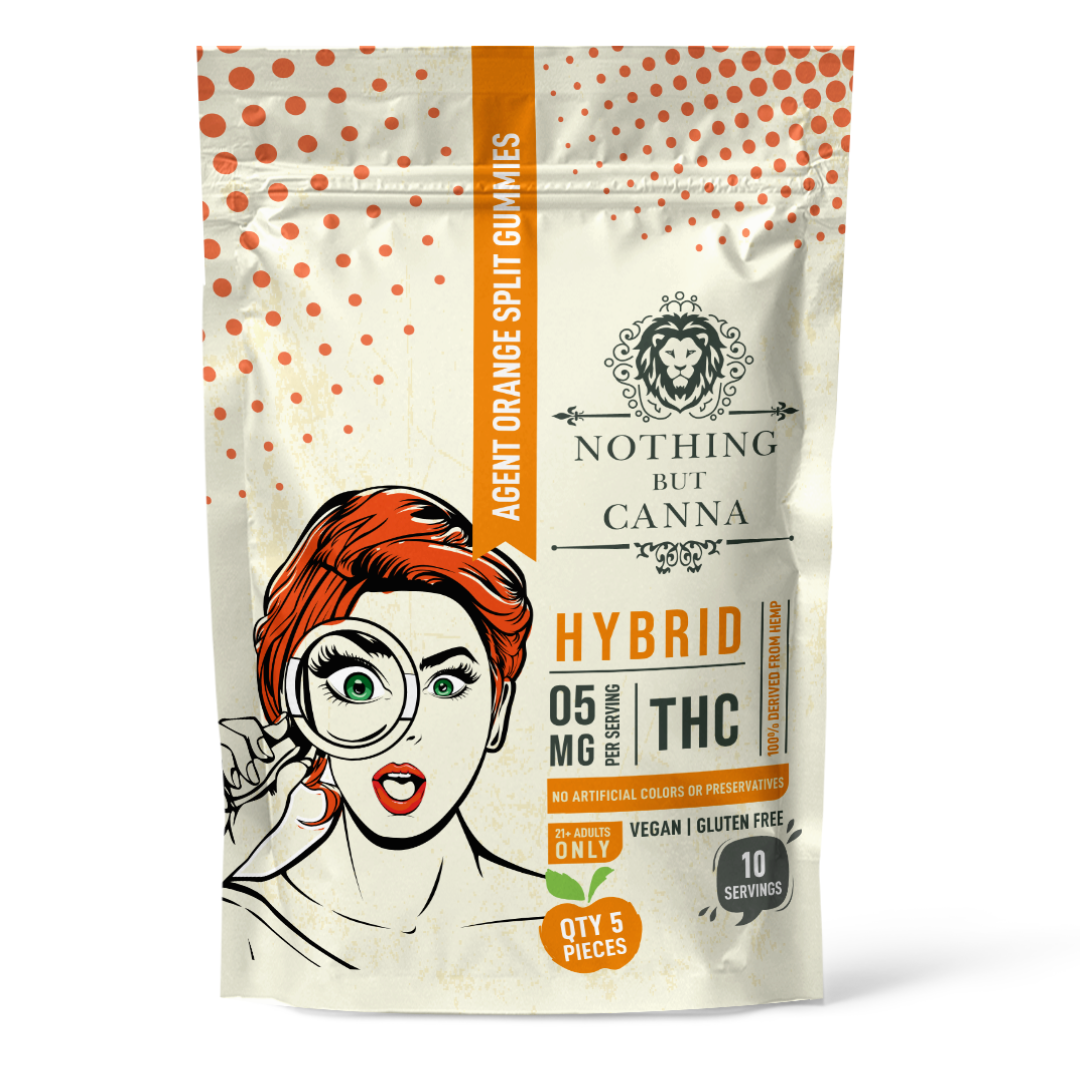
Researchers at Oregon State University are set to study the benefits of hemp animal feed this April. Their research project, which is titled “Feeding Spent Hemp Biomass to Cattle: Cannabinoid Residuals, Animal Health, and Product Quality,” recently received nearly $300 thousand of United States Department of Agriculture (USDA) funding to investigate what happens when cows are fed hemp biomass.
This project involves feeding cows hemp biomass for two months before testing the animals’ milk and meat for residual cannabinoids. The outcomes of this study could have a profound effect on hemp farmers, beef farmers and dairy farmers across the United States, as well as the consumers who purchase hemp, beef and dairy products.
Why feed livestock hemp?
Alfalfa hay is typically considered the “gold standard of animal forages, especially for dairy cows,” according to Capital Press. However, depending on the results of this study, spent hemp biomass could dethrone it.
“Personally, when they told me about hemp, I didn’t even know what the plant looked like,” Massimo Bionaz told Capital Press. “The more we analyzed, we were really amazed by the nutritive value.”
Bionaz leads the Oregon State University research team that is handling the hemp study. He is also the associate professor of dairy nutrigenomics at the university.
Spent hemp biomass is the leafy byproduct left behind from the process of extracting CBD oil from hemp plants. It reportedly has the same protein content as alfalfa, and about the same fiber content as barley. It is also very rich in minerals and other nutrients. Reportedly, the researchers even consider it to be “nutritionally superior to the traditional feeds” in some ways.
Hemp biomass may have significant potential as an animal feed. Reportedly, it could become a cheaper feed option than alfalfa and could turn a waste product into a profitable commodity for hemp farmers.
What data do researchers hope to provide?
The study’s first trial involved feeding the hemp biomass to lambs. Now that this trial is complete, the meat from these animals will be tested to determine if it contains residual cannabinoids, like CBD or THC. The effect hemp had on the animals’ meat tenderness and shelf life is also set to be measured.
Meanwhile, the researchers at Oregon State University are ramping up for the second trial. This time they are planning to feed the hemp biomass to cows. This trial is expected to begin late April. The meat and milk from the animals will be tested for residual cannabinoids at the end of the study.
How could this research impact future regulations?
Bionaz reportedly hopes that his team’s research will provide the data that the U.S. Food and Drug Administration (FDA) needs to approve hemp biomass as an animal feed.
“The more I study the plant, the more I see data, I get more enthused about it,” he told Capital Press.
Hunter Baffington, executive director of the Hemp Feed Coalition, reportedly explained to Feed Navigator that one of the biggest challenges involved with getting hemp legislation for animal feed in the U.S. is the lack of related research that has been conducted in this country.
“While other countries never stopped feeding [hemp], we have to prove the nutritional profile using American grown and processed hemp and then use published research (when it is available) and work with feed and species experts to create the protocols and methods to conduct the safety and efficacy feed trials in the US,” Buffington reportedly said.
U.S. Senators Jeff Merkley and Ron Wyden of Oregon both reportedly believe the research will support farmers in their home state as well as farmers across the country.
“Hemp has quickly become one of our state’s fastest growing crops— generating millions of dollars in revenue and creating reliable jobs across our state,” Merkley told Feed Navigator. “I’m looking forward to seeing the results of OSU’s research into whether we can use spent hemp biomass as cattle feed.”
“OSU’s world-renowned hemp research plus one of the crop’s ongoing growth possibilities add up to a potential big win for farmers and ranchers in our state and nationwide to feed their cattle with this biomass byproduct,” Wyden reportedly said. “This OSU research will help to continue building the case for federal approval of hemp biomass on cattle farms, making a natural connection between two signature Oregon products— livestock and hemp.”
“It is a super exciting research for all of us,” Serkan Ates told Capital Press. Ates is part of the research team at Oregon State University. He also works as an assistant professor and specializes in sustainable pasture management.
He added, “This is a byproduct that has a high potential, but it requires extensive research before it’s approved by the FDA and going into the food chain.”
Sources























